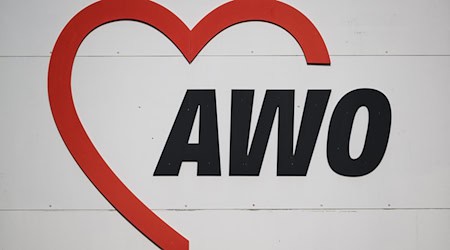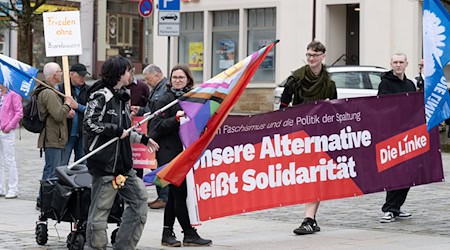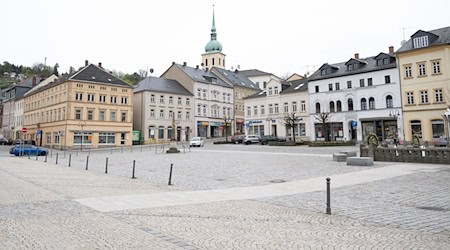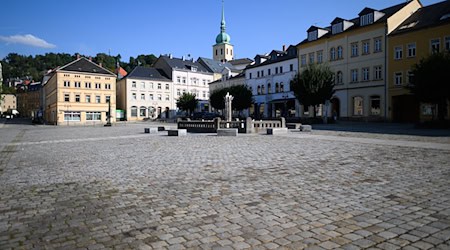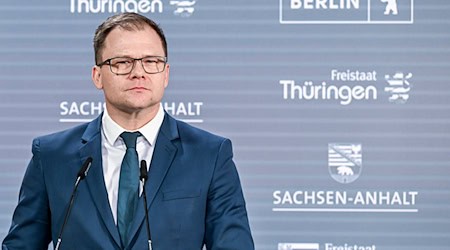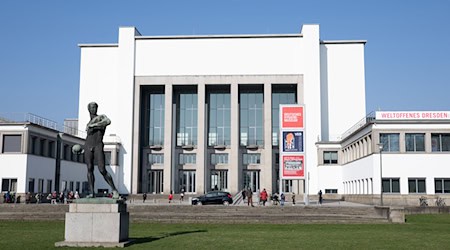The Left Party is calling for an investment offensive for eastern Germany. "The public investment requirement in Germany for the next ten years is around 600 billion euros. For the eastern federal states, this amounts to around 190 billion," the party said in response to an inquiry. Public infrastructure plays a significant role in the quality of life in the region. There is a huge backlog of investment in schools, daycare centers, healthcare infrastructure and transport infrastructure in the municipalities. "Something must finally happen." Federal Chairman Martin Schirdewan and Saxon Left Party leader Stefan Hartmann will present details of the strategy in Berlin on Monday.
In concrete terms, the Left Party is proposing the establishment of an "Infrastructure Fund East". Like a special fund, this would be exempt from the debt brake. This would make it possible to invest in an economy with a future, expand public services and clear the investment backlog in municipalities and federal states in the east. Binding investment plans could be used to regulate the nationwide expansion of local transport, the renovation of schools and the establishment of social centers in villages. Transitional measures are required for economic sectors particularly affected by the transformation.
Another point concerns the promotion of cooperatives and employee-owned businesses: "Particularly in the case of business succession, there is often a vacuum that could be filled by transferring the business to employee ownership," it said. In villages, "social centers" should be created: "They serve as meeting places and offer basic services such as a post office and bank (...) The social centers are supported by jobs paid according to collective agreements. For 50 to 60 social centers per eastern German state, we estimate 100 million euros for a period of five years." In the health sector, the municipalities need their own polyclinics.
Left: East Germans receive lower salaries
In the opinion of the Left, wages and pensions must increase in the east. "On average, East Germans work longer and receive ten percent less pay than their West German colleagues. Last year, according to the Federal Statistical Office, full-time employees in eastern Germany earned an average of 824 euros less gross per month than their colleagues in the west," it said in justification. The different pay scales in the east and west should be abolished and equal salaries paid in the public sector and working hours harmonized.
Furthermore, it was about keeping the municipalities capable of acting. Many of them are still stuck in a debt trap. "The gap between rich and poor municipalities in Germany is huge. Where municipalities are barely able to act financially, social cohesion is falling apart." An effective debt relief initiative from the federal government is finally needed. Residual amounts of old GDR debt must be canceled. An old debt fund is needed for the municipalities.
Copyright 2024, dpa (www.dpa.de). All rights reserved


